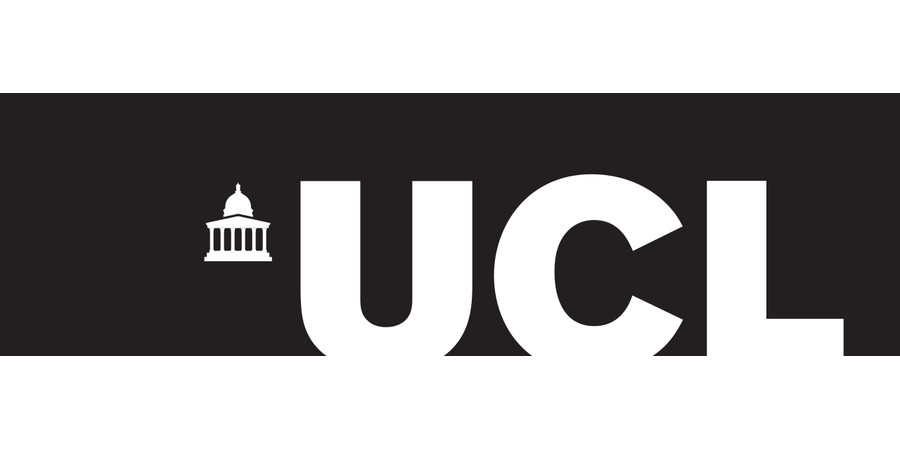Research Fellow
UCL - Institute of Ophthalmology
| Location: | London |
|---|---|
| Salary: | £43,124 to £51,610 |
| Hours: | Full Time |
| Contract Type: | Fixed-Term/Contract |
| Placed On: | 4th February 2025 |
|---|---|
| Closes: | 18th February 2025 |
| Job Ref: | B02-08249 |
About us
The appointee will join the Bailly group at the UCL Institute of Ophthalmology, as part of a team working on understanding the mechanisms regulating postnatal eye growth and myopia. Myopia (shortsightedness) currently affects 2 billion people worldwide and this number is fast increasing, with half of the world population predicted to be myopic by 2030. Because myopia is associated with a significantly increased risk of developing blinding diseases later in life (such as retinal detachment, maculopathy or glaucoma), it is now becoming a leading public health concern. To understand what regulates eye growth and myopia development, our lab uses primary cultures of the supporting tissues at the back of the eye, the sclera and the choroid, to recreate the cells’ interactions within engineered tissue constructs where we can evaluate new treatments. The post holder will join our newest project using a combination of primary cells and iPSC technology to develop living patient-deriv ed mini-tissues as a novel tool to understand and treat children and adolescent myopia.
About the role
The successful candidate will work as part of a multi-disciplinary collaborative team at the UCL Institute of Ophthalmology to develop a new in vitro organoid model to study myopia using state of the art tissue engineering and iPSC technology. The post offers an exciting opportunity for someone to play a key role in a highly successful and dynamic research and teaching Institute, as well as benefiting from the opportunities afforded by being part of the larger community of the Faculty of Brain Sciences, School of Life and Medical Sciences at University College London (UCL), a world-renowned research university.
About you
We are seeking bright and enthusiastic individuals with a solid background in cell/stem cell biology, as well as experience in a wide range of cell biology techniques, including stem cell differentiation and/or tissue engineering, confocal microscopy and RNA sequencing.
Candidates with a PhD or equivalent (essential), and who are independent, highly motivated, and willing and able to work effectively as part of a collaborative team are encouraged to apply. The post is for three years in the first instance and offers an exciting opportunity for an early career researcher interested in ophthalmic research and/or tissue engineering.
What we offer
Working with some of the greatest intellects in the world, UCL also offers a generous pension scheme and holiday allowance, plus closure and bank holidays as well as enhanced parental pay and more. Visit https://www.ucl.ac.uk/work-at-ucl/reward-and-benefits to find out more.
Customer advert reference: B02-08249
Advert information
Type / Role:
Subject Area(s):
Location(s):









